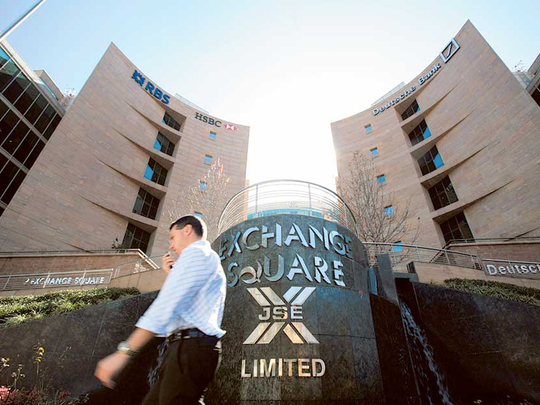
London: Emerging-market share sales are tipped to rebound in 2017 from their slowest pace in more than a decade.
Companies in developing nations excluding China are reviving plans for initial and secondary public offerings as they become more convinced they can generate enough demand, according to investors as well as underwriters from Credit Suisse Group AG and UBS Group AG. Sales should pick up next year, they said, once US presidential elections and the Federal Reserve’s December policy decision are out of the way.
The anticipated recovery signals the rally that boosted the value of the 31 biggest emerging equity markets this year by $3.3 trillion (Dh12.1 trillion) will soon translate into appetite for primary issuance. Investors have poured $8 billion into actively managed stock funds since July, ending a 16-month stretch of outflows, according to data from EPFR Global. Active funds are a key source of capital for newly issued shares.
“Issuers are more willing to engage now,” said Nick Koemtzopoulos, the head of UK and emerging-market equity capital markets at Credit Suisse in London. “We are seeing early signs of global funds doing work on emerging markets like Russia, and could see that translate into investments.”
US elections
Developing-nation share sales outside of China are set to drop 32 per cent per cent this year, according to Freeman & Co, a New York-based financial advisory firm. Companies have been slow to return to equity markets in part because flows into actively managed stock funds have lagged behind those that invest in bonds or exchange-traded funds. Some are also staying away as they weigh risks around the US elections on November 8, according to JPMorgan Chase & Co and Wells Capital Management.
“The corporates have been extremely cautious because they’ve felt the demand wouldn’t be there if they built the deal,” Anthony Cragg, a San Francisco-based portfolio manager at Wells Capital Management.
Developing-nation stocks have seesawed in 2016, first making the worst start to a year ever and then swinging to a bull market. Hawkish signals from the Federal Reserve and Britain’s vote to leave the European Union caused further swings. The fragility of the rally made investors delay an unwinding of bearish bets and pushed companies to wait for greater stability, according to Georgy Egorov of UBS in London.
“In order to prepare an IPO, you need at least four to five months,” said Egorov, the head of emerging-market equity capital markets at the Swiss bank. “Dramatic changes in the market have made issuers cautious on timing.”
Lag effect
At least twice in the past decade and a half, the IPO market took about a year to rebound after stocks started an uptrend, suggesting a lag between the two. In 2003, when a new commodity cycle spurred gains in developing-nation equities, new issues declined. The next year, share sales more than doubled. A similar trend was seen in 2009-2010.
For much of 2016, the primary market was dominated by stake sales from companies in the developed world. General Electric Co sold a majority stake in its Czech banking unit at the bottom of the target-price range. Barclays Plc and UniCredit SpA, looking to strengthen capital, cut stakes in Barclays Africa Group Ltd and Poland’s Bank Pekao SA, respectively.
That is now changing. The value of public offerings jumped 35 per cent to $27 billion since June from the same period last year, according to Freeman & Co, and local companies are among the major issuers.
Mexico’s largest pipeline operator, Infraestructura Energetica Nova SAB de CV, raised $1.45 billion in Latin America’s biggest offering since April. Brazil’s world-beating equity performance enabled Alliar Medicos A Frente SA, a medical-diagnostics company, to raise $242 million in the country’s first IPO since 2015. South Korea’s Lotte Group revived plans for a $4.5 billion offering of its hotel unit, while Samsung Biologics Co priced its $2 billion issue at the top of the price range.
“I’m cautiously optimistic,” Egorov of UBS said.



